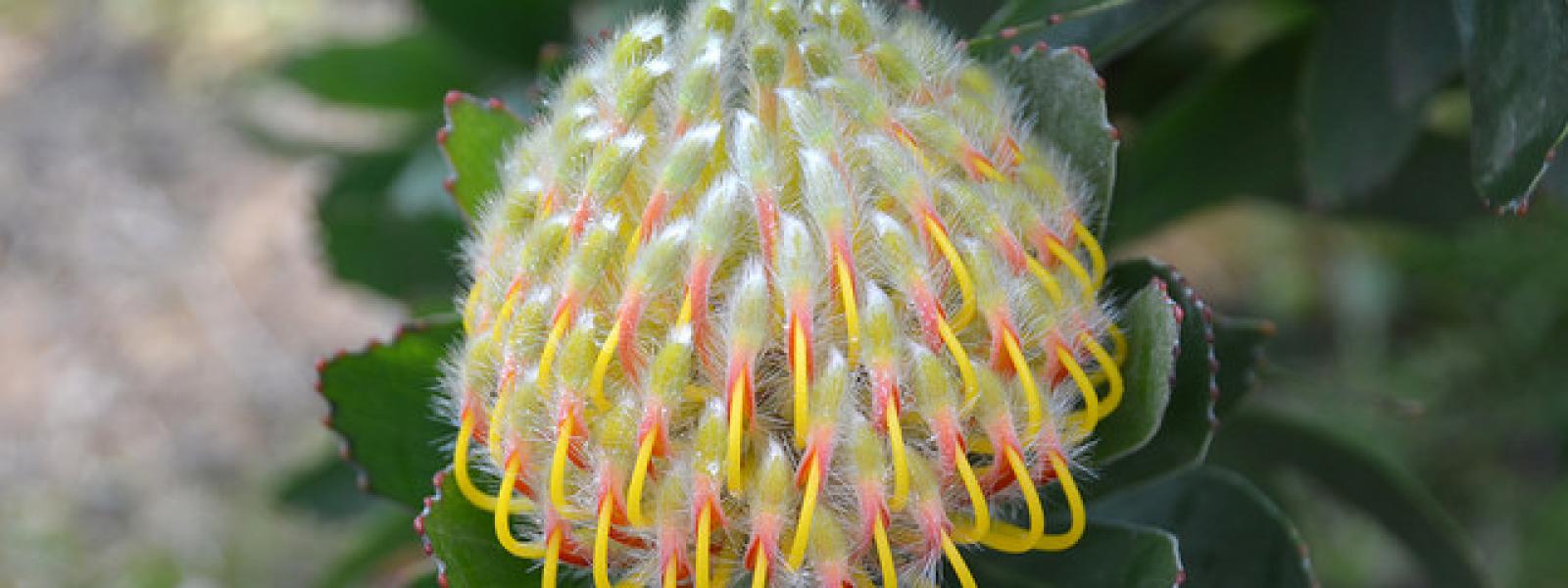Community care through Landcare

Environmental care groups bring benefits to people as well as place.
Photo: https://www.flickr.com/photos/franceswhitfield/
Defining impact
Landcare is a community-based movement that began in Victoria in 1986, and now has thousands of Victorians working together to tackle environmental issues at a local level. As well as helping the natural environment, Landcare projects also bring a positive benefit to communities. This community benefit has been informally recognised for many years but in 2015, the West Gippsland Catchment Management Authority (WGCMA) set out to measure it.
In partnership with social research company Think Impact, WGCMA investigated the Social Return on Investment (SROI) for funds it directed to the Merriman Creek Landcare Group. Its 2017 report showed that for every $1 spent on a Landcare project there is at least $3.41 return in social value.
An SROI framework is a way of identifying and accounting for social benefits experienced by key stakeholders by giving those benefits a value. Although the values are expressed in dollars, they do not equate to financial return.
An important project for an active group
In 2015, WGCMA received Victorian State Government funding as part of the Regional Riparian Action Plan to support community works along waterways. WGCMA directed $15,000 of this funding to the Merriman Creek Landcare Group in Gippsland to undertake works such as tree planting, fencing and weed control. The group managed all aspects of the project itself, including deciding where the money should be spent, and hiring contractors.
The group has been managing and delivering projects on public and private land for more than 30 years. These projects have helped improve the health of the Merriman Creek by increasing biodiversity, reducing sediment and nutrient run-off, and removing habitats that suit pests.
As part of the SROI evaluation of the Regional Riparian Action Plan funded-project, members of the group were interviewed and surveyed on how they felt being involved.
Multiple benefits
WGCMA found five main positive outcomes for people and the community involved in the Merriman Creek Landcare Group:
-
increased group purpose and dynamics
-
increased emotional wellbeing
-
improved connection within the local community
-
reduced labour and chemical costs
-
improved natural resource management skills and awareness.
The report gives us formal evidence that as well as helping the environment, Landcare projects also have a significant benefit to the local community by increasing skills, emotional health and social connection.